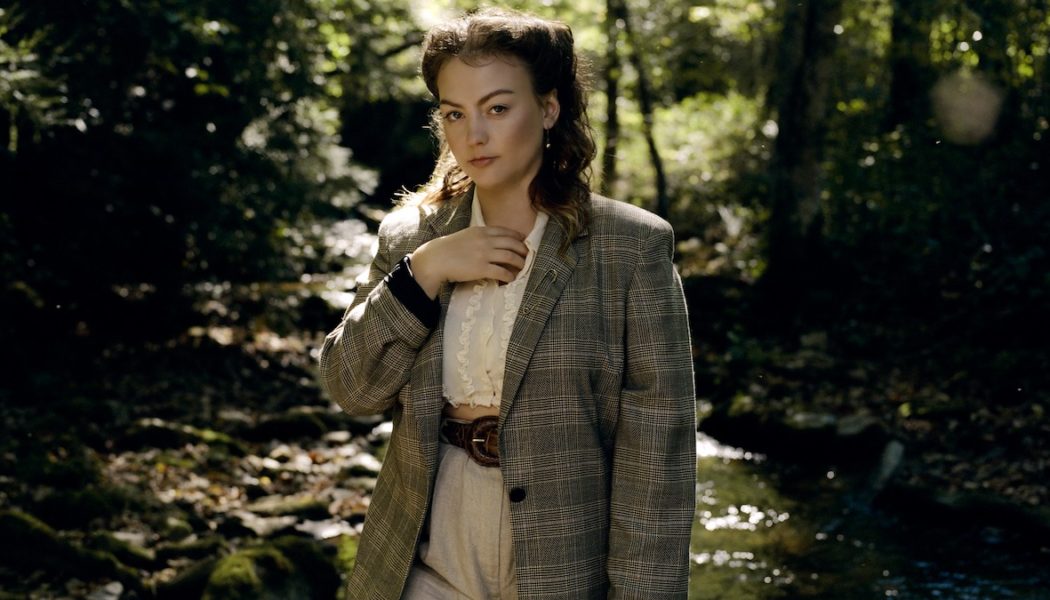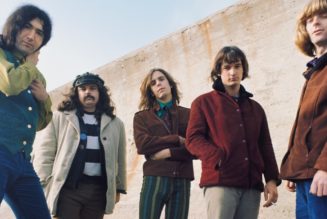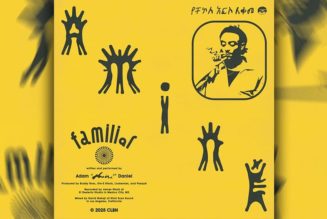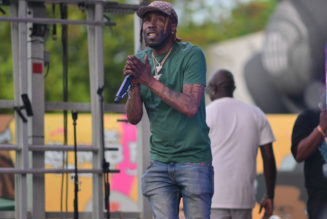
Angel Olsen has never repeated herself. Her debut Half Way Home introduced Olsen as a psych-folk songwriter with a powerhouse voice, before the lo-fi indie of Burn Your Fire For No Witness reframed her within the context of a band. Two years later, My Woman upped the production value and saw Olsen at her most intense and confrontational. All Mirrors wiped clean any pre-conceptions of Olsen, and even when she literally repeated herself with Whole New Mess, it felt like an entirely new statement.
Since the one-two punch of All Mirrors and Whole New Mess, Olsen has kept fans guessing on which direction she might be headed next. In 2021, she released her Sharon Van Etten collaboration “Like I Used To,” a victory lap of an indie rock song for two of the genre’s most accomplished singer-songwriters. Her Aisles cover EP from the same year then hinted at a shift towards ’80s synth revivalism. Maybe an electronic shift would be the refreshing move after the intensely orchestrated songs of All Mirrors and the solo guitar music of Whole New Mess.
But no, Olsen once again delightfully surprises with something else entirely. She doesn’t double down on the indie aesthetics of “Like I Used To” or take a trip into cybersphere like on Aisles. Instead, Big Time, out today (June 3rd), borrows from the country tradition, indulging in pedal steals, nylon guitars, and loving waltzes. On paper, it might sound hokey, but the emotions on Big Time are complex and strike right for the heart. It’s Olsen finally giving in to the Emmylou Harris comparisons without losing an ounce of her identity.
From the onset, Big Time features some of Olsen’s most carefree tunes. The opening cuts find Olsen oozing a profound contentedness, reveling in the confidence and security of her love. She’s self-assured and remorseless on opener “All The Good Times,” beginning the song — and the album — with the defiant “I can’t say that I’m sorry when I don’t feel so wrong anymore.” All the while, the soundscape slowly builds into a triumphant jamboree, complete with layered guitars, horn orchestration, and concert bells.
[flexi-common-toolbar] [flexi-form class=”flexi_form_style” title=”Submit to Flexi” name=”my_form” ajax=”true”][flexi-form-tag type=”post_title” class=”fl-input” title=”Title” value=”” required=”true”][flexi-form-tag type=”category” title=”Select category”][flexi-form-tag type=”tag” title=”Insert tag”][flexi-form-tag type=”article” class=”fl-textarea” title=”Description” ][flexi-form-tag type=”file” title=”Select file” required=”true”][flexi-form-tag type=”submit” name=”submit” value=”Submit Now”] [/flexi-form]










Tagged: Album Reviews, Alternative Country, Alternative Music, art pop, FEATURES, Indie Folk, Indie Rock, music, music blog, Reviews